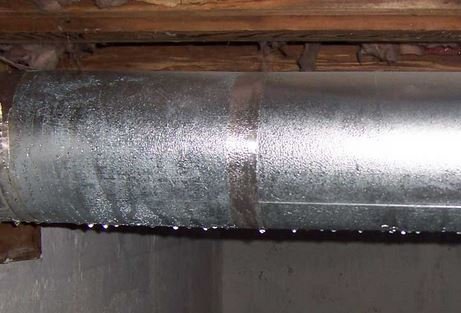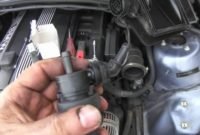Condensation on the AC vent can happen anywhere and to anyone. Why? It is mostly because the stream of water comes out of their suspension and condenses into a liquid form when it comes in contact with a colder surface. That is why condensation forms on your air conditioner.
If you do not quickly stop condensation, you will find more problems than you like. There will be water dripping out of your Air Conditioner vent into the insulation, which will cause the latter to compress and decrease the ability to insulate properly, potentially leading to water damage.

Condensation can also cause a leaking ceiling as the water drips off of the vent. The ceiling will look horrible as it is rotting and can collapse sooner or later. A yellowy, moldy plague can also appear over time because of the condensation on your air conditioner vent, which can be a health issue.
Some causes cause condensation to form. Let’s take a look at the causes down below.
The Condensation Causes
Once you are familiar with how condensation forms, look at the causes of condensation on your air conditioner vent.
Too Much Moisture in the Air
There is water all around us, even in the air that we breathe, in the form of water vapor. The moisture in the air can cause high humidity levels when the air can no longer hold the water.
Since there is lots of humidity near the air conditioner vent, the chance of condensation forming is likely to happen. The water vapor that drops out will come in contact with the cold surface. That is when the air conditioner vents sweating, and condensation will form.
Read also: Neptune Water Meter Problems
The Dew Point Temperature
The temperature can also be the cause of condensation forming. When the temperature goes down, the air can hold a limited amount of water vapor. When that happens, the level of humidity will also rise. The cold air will not be able to hold the moisture of warm air. At some point, the air becomes saturated. This is called the dew point temperature. Dew will start forming, which will later cause condensation.
Inadequate Insulation
The proper insulation in the air ducts will prevent the condensation from forming since the warm and moist air will not contact the vent. On the other hand, if your insulator is insufficient, then the warm air will be able to get to your air conditioner vent, causing condensation.
Improving the situation involves regularly cleaning dirty air filters and ensuring evaporator coils and condensate drain lines are clear. Clogged drain lines can exacerbate issues, trapping moisture where it shouldn’t be.
Proper maintenance of air conditioning systems is crucial. In some cases, professional HVAC services may be required to diagnose and rectify problems such as blocked air ducts or malfunctioning components.
When you face this problem, assessing indoor humidity levels and employing dehumidifiers can be effective measures. Ensuring that your air conditioning system, including evaporator coils and condensate drain lines, is functioning correctly can significantly reduce the risk of condensation.
Then, check your AC fan to see if it is working or not. If the fan is not working properly, you need to replace it as the fan can’t cool the air anymore. If there is no problem with the AC units, you need to improve the insulators with greater insulation to prevent ac vent condensation.


